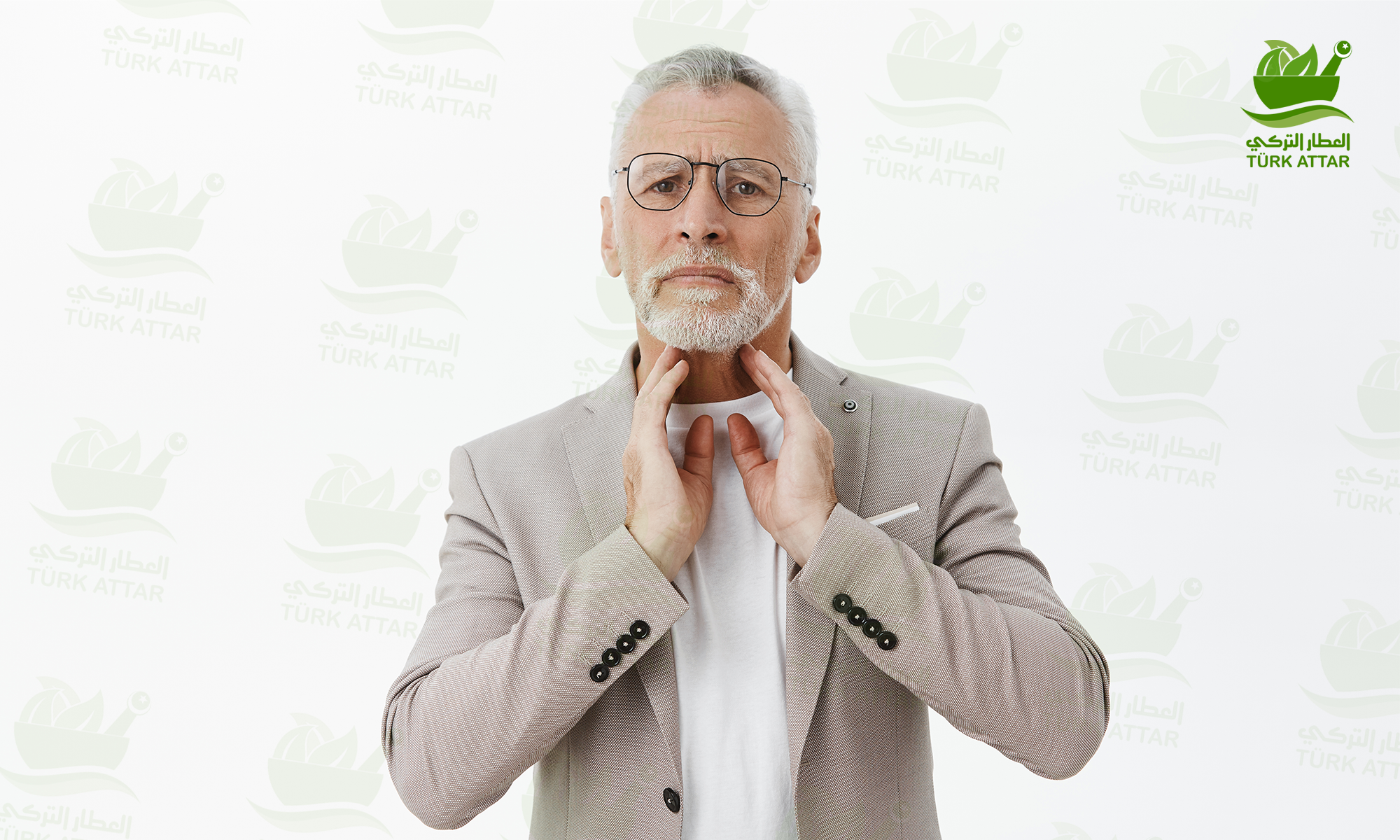
The antibodies that the body produces against foreign substances under normal conditions, together with the immune system, attack the thyroid cells and cause inflammation, that is, damage to the thyroid gland. Thus, the thyroid gland cannot perform its function and the level of hormones it secretes decreases over time. It is familial and mostly seen in women between the ages of 30-50.
What is Hashimoto's Disease (Hashimoto)?
Hashimoto's thyroid is the most common type of inflammatory disease of the thyroid gland, namely thyroiditis. It is also called autoimmune or chronic lymphocystic thyroiditis and is an endocrine system disease caused by a disorder of the immune system.
The antibodies that the body produces against foreign substances under normal conditions, together with the immune system, attack the thyroid cells and cause inflammation, that is, damage to the thyroid gland. Thus, the thyroid gland cannot perform its function and the level of hormones it secretes decreases over time. It is familial and mostly seen in women between the ages of 30-50.
Hashimoto's thyroid is one of the causes of under-functioning of the thyroid gland, which is defined as "hypothyroidism". Thyroid hormone, which regulates the body's metabolic rate and affects all tissues in this way, decreases over time in these patients and the risk of hypothyroidism increases as age progresses.
Another problem that Hashimoto's thyroid may cause in the thyroid gland is the formation of nodules. In general, enlargement is common in the thyroid gland, especially at the beginning, and nodule formation may accompany it in the process. The growth in the thyroid gland with or without a nodule is called a " goiter ".
Hashimoto's thyroid should be detected early, thyroid hormone level should be monitored at regular intervals, and if necessary, it should be replaced with medications. With close follow-up and treatment, patients do not experience adverse effects related to Hashimoto's thyroid.
Reasons
Causes of Hashimoto's Disease (Hashimoto's)
Hashimoto's thyroid is an immune system disease in which the body's own defense system attacks thyroid cells. It is not possible to prevent the occurrence of Hashimoto's disease. Because some disorders in the body's defense system play a role, and this risk is usually congenital.
Currently, it is not known why the body's immune system attacks thyroid cells by producing antibodies. Familial transmission is presumed to play an important role.
Some risk factors increase the incidence of the disease:
Gender
The incidence in women is higher than in men.
Age
It can occur at any age, but usually occurs in middle age.
Genetic
Having a family history of thyroid or other immune system disease increases the risk. Immune system diseases: Autoimmune diseases such as rheumatoid arthritis, vitiligo, early menopause, alopecia areata, Type 1 diabetes, autoimmune liver diseases, ankylosing spondylitis and ulcerative colitis can accompany Hashimoto's thyroid.
Symptoms
What Are the Symptoms of Hashimoto's Disease (Hashimoto's)?
The most common Hashimoto symptoms are as follows; however, complaints differ from person to person.
Guar (benign disease in which the thyroid gland enlarges)
Weakness, fatigue, slowness of movement,
A depressive state and unhappiness,
chill
Edema in hands and feet
Decreased sweating
hoarseness,
Constipation,
Abnormal weight gain, excessive appetite,
Forgetfulness, decreased concentration,
Decrease or absence of menstruation in women.
Diagnostic Methods
Diagnosis of Hashimoto's Disease (Hashimoto's)
The diagnosis process of Hashimoto's thyroid usually starts with the examination of TSH and thyroid hormone levels in routine controls or when patients go to the doctor for reasons such as weakness and hair loss. If your doctor suspects Hashimoto's disease after taking your medical history and performing a physical examination, he or she will order some tests.
First of all, TSH, T3 and T4 hormones in the blood are checked. An ultrasound test is performed for the structure and size of the thyroid. The main differential diagnosis is high levels of anti-TPO and anti-thyroglobulin antibodies in the blood.
With these examinations, both the diagnosis is made and the stage of the disease is determined. Initially, antibodies are high, while hormone levels are normal. Hormone levels may change over time. It is always thought that hypothyroidism develops after Hashimoto's thyroid, however, sometimes, even for short periods, hyperthyroidism, that is, overworking of the thyroid gland, can be encountered. Ultrasound gives information about the size of the gland and the formation of nodules.
